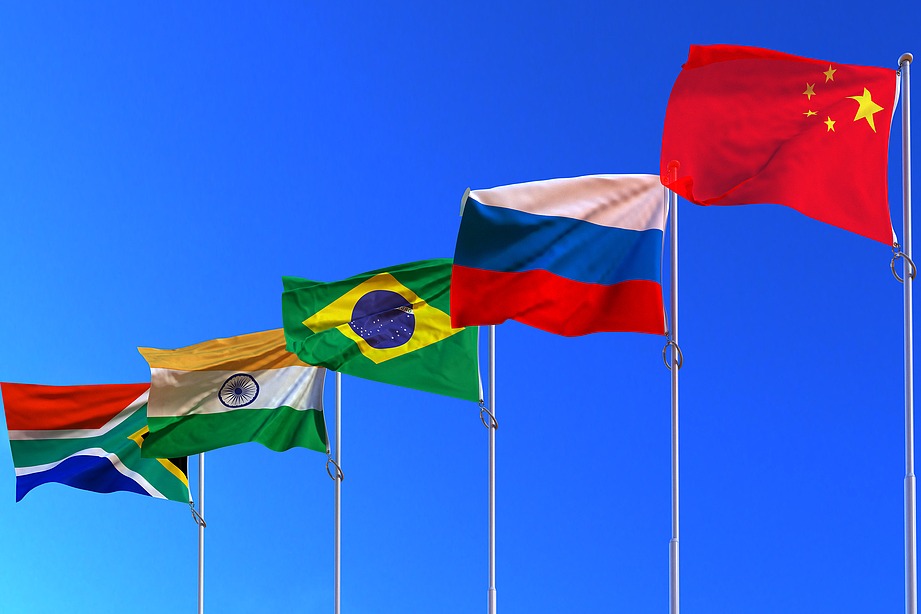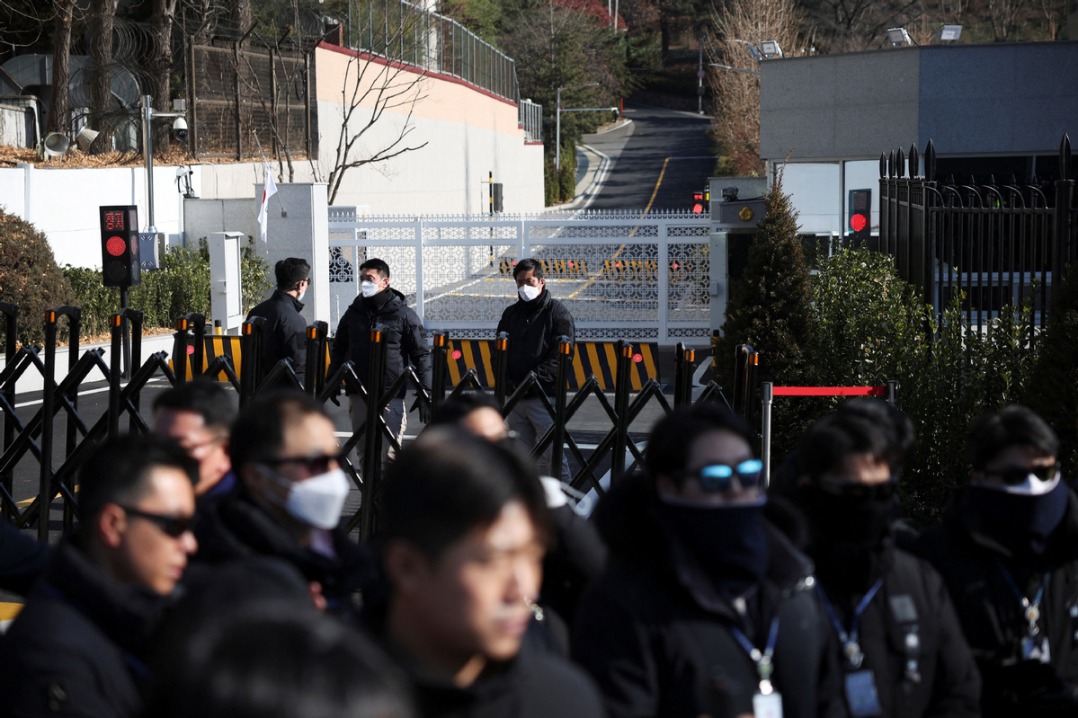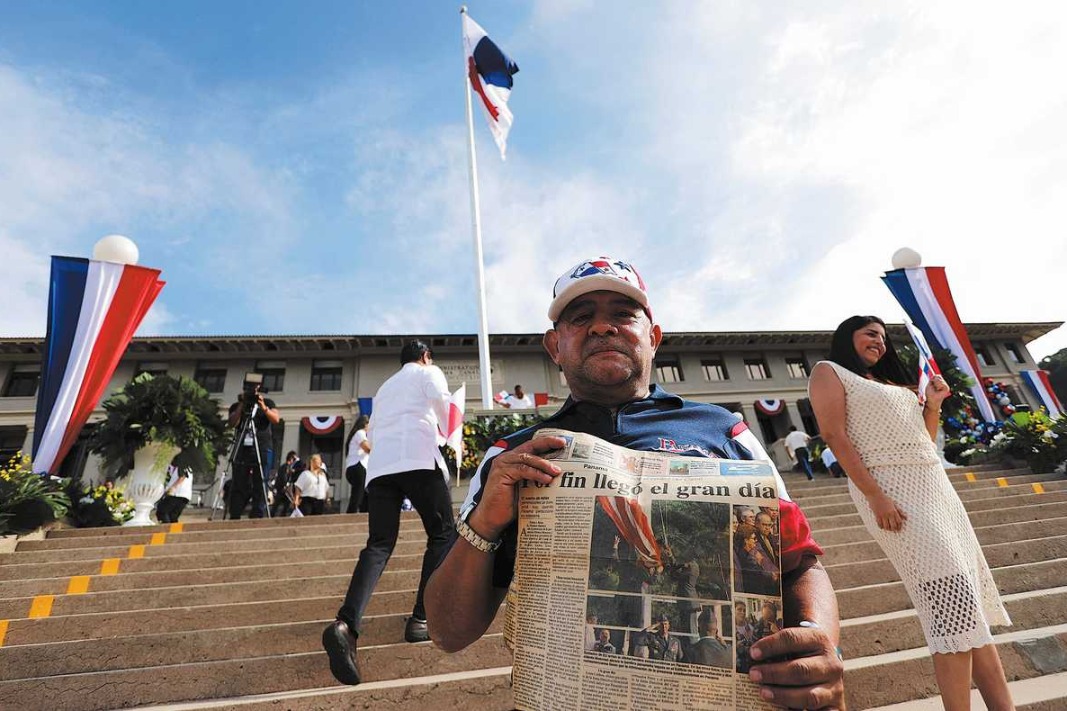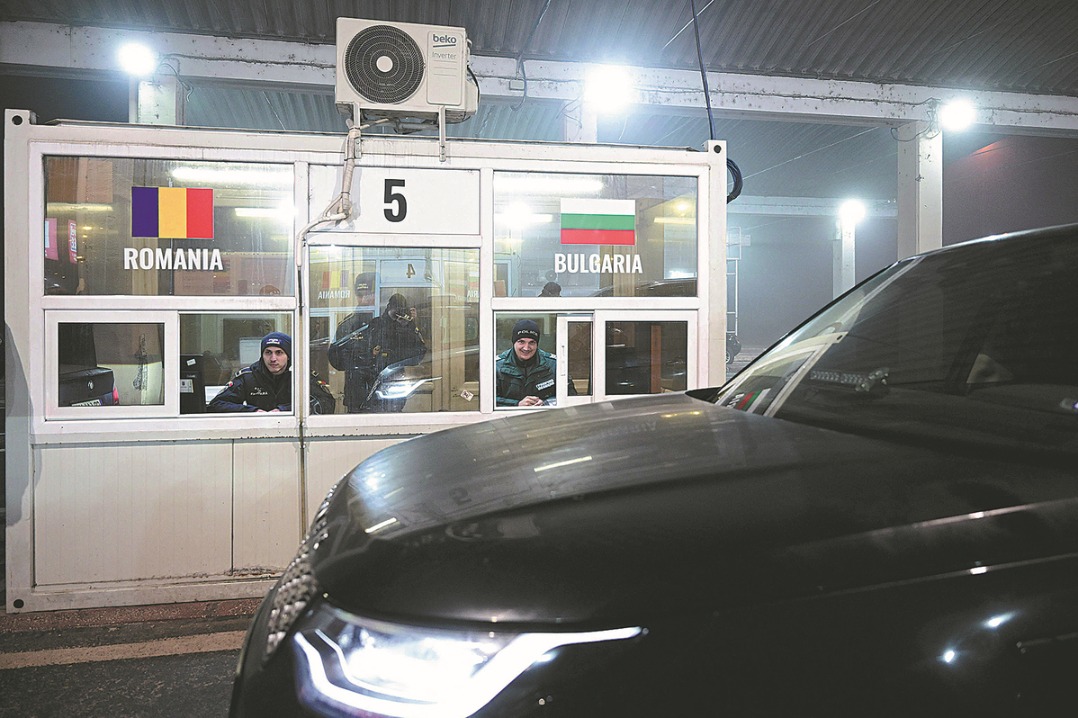ASEAN urged to protect economic gains
Bloc must focus on regional peace, equitable growth and green development, forum hears

Promoting peace, equitable growth and green development are vital to sustain the economic gains in the Southeast Asian region, a regional forum of Association of the Southeast Asian Nations (ASEAN) heard on Sept 27.
"Striking a balance between economic growth and environmental protection, and ensuring more equitable dividends from economic development and sustainability will enable us to continue benefiting from global integration," Kao Kim Hourn, ASEAN's secretary-general, said in his opening remarks at the forum titled "Rethinking Harmony in Asia".
The hybrid forum, held in the Cambodian capital of Phnom Penh, was organized by The Asian Network, a Singapore-based think tank.
Kao said that while ASEAN has an "outward-looking perspective" and is committed to the trade liberalization espoused by the Regional Comprehensive Economic Partnership, the regional bloc's vision extends beyond mere economic growth.
He said the conflicts in Ukraine and the Middle East and their global economic fallouts should serve as "stark reminders that we must not let this happen in Asia". Mentioning regional tensions over the South China Sea, Kao noted that ASEAN members are conducting negotiations to enforce a Code of Conduct to defuse tensions and promote trust.
He said one of the key lessons of the COVID-19 pandemic is the importance of a "whole community approach" that engages all stakeholders in shaping policies and responses. Kao said this approach is featured in the ASEAN Community Vision 2045 that is set to be adopted next year.
Ilango Karuppannan, a retired Malaysian diplomat, said ASEAN should be "given space" to remain neutral even amid growing geopolitical tensions.
"ASEAN today is now under a situation where there's a lot of pressure for it to choose sides," Karuppannan said, adding that the region needs to remain a zone of peace, freedom and neutrality.
Dewi Fortuna Anwar, research professor at the Research Center for Politics at Indonesia's National Research and Innovation Agency, said ASEAN needs the "intellectual capacity to come up with innovative ideas" and that while it continues to maintain its centrality, it must also recognize its limitations.
"So we need to understand where we need to engage with our (dialogue) partners. We understand very well what our limitation is. And then also we need to inform our dialogue partners not to ask us to solve everything," Anwar said.
She said one of the key concerns that ASEAN nationals have expressed about ASEAN is that the organization is "not responsive. It's not able to deal with current challenges".
Member states need to step up their commitment to ASEAN unity and solidarity, she said, adding: "This can never be taken for granted. And that means that we need to work very seriously to realize the ASEAN community vision."
ASEAN is emerging as a "champion of openness and multilateralism", but the region is not only seeking enhanced market access for its exports but also fair trade, Anwar said.
"We also want a more equitable trade system… and a more diversified source of investment," she said.

































